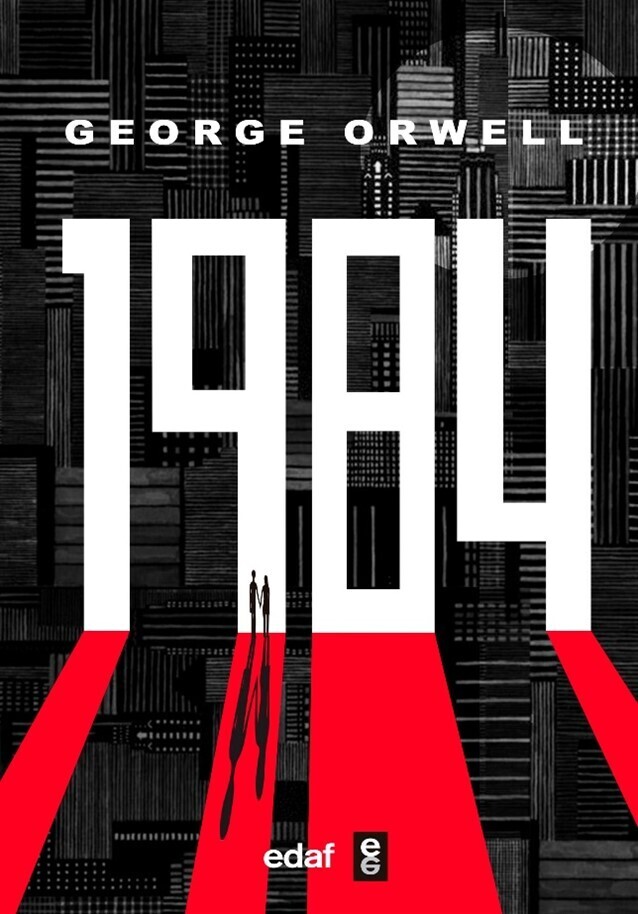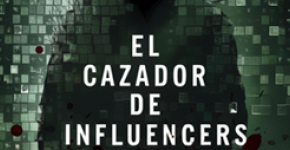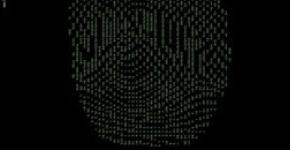1984
1984 is a dystopian political fiction novel written by George Orwell between 1947 and 1948 and published on June 8, 1949.

NOVEL
1984

Description
1984 is a dystopian political fiction novel written by George Orwell between 1947 and 1948 and published on June 8, 1949. Many analysts see parallels between today's society and the world of 1984, suggesting that we could begin to live in what has become known as an Orwellian society, a society where information is manipulated, mass surveillance is practiced, and political and social repression is practiced.
The novel popularized the concepts of the ubiquitous and vigilant Big Brother, the notorious Room 101, the ubiquitous Thought Police, and Newspeak: an adaptation of the English language in which the lexicon is simplified and transformed for repressive purposes, based on the principle that what is not part of the language cannot be thought.
Orwell ingeniously explores themes such as media control, government surveillance, totalitarianism, and how the history, thoughts, and lives of citizens can be manipulated and controlled without anyone being able to escape. 1984 reflects the complete control of the population under a totalitarian state, becoming a warning to society and a plea for freedom and free thought.
Synopsis
London, 1984: Big Brother controls every detail of the private lives of citizens. Winston Smith, a low-ranking member of the Party, works at the Ministry of Truth rewriting and tweaking history for a totalitarian state that ruthlessly subjugates the population. Suffocated by the omnipresent eyes of his baleful ruler, Big Brother who controls every aspect of people's lives, from what they read to what they say and do, he feels he doesn't want to contribute any more to this evil system and decides to rebel.
Best lines
“From time to time he looked up at the face staring at him from the opposite wall. BIG BROTHER IS WATCHING YOU”
“You had to live—and here habit became an instinct—with the assurance that every sound you made would be recorded and heard by someone, and that, except in the dark, your every movement would be observed”
“He thought that tragedy belonged to ancient times and that it could only be conceived in an age when there was still intimacy—life, privacy, love, and friendship—”
“It was a terrible danger to think while in a public place or within range of the telescreen. The smallest detail could betray you. A nervous tic, an unconscious look of uneasiness, the habit of mumbling to oneself”
“Whoever controls the present controls the past, and whoever controls the past will control the future”
Link to an excerpt from the novel for free distribution (Spanish)
This post is related to other materials published by the Innovation and Technology Division of the AEPD, such as:


